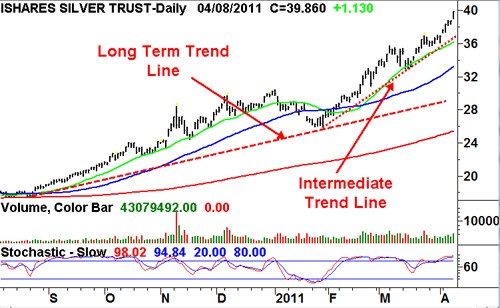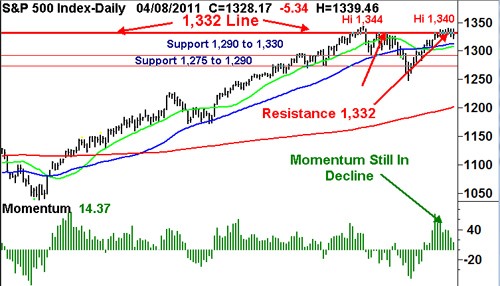Swapping BRICs ETF Funds Leaving China and Going to Brazil (FXI EWZ GXC HAO BKF)
Post on: 26 Апрель, 2015 No Comment

Fears of inflation and increased oversight into accounting practices are causing US investors to pull funds from China-focused ETFs, with a parallel interest in putting more funds into Brazilian equity ETFs. Oddly, the performance of the $7 billion iShares FTSE China 25 Index Fund (NYSE: FXI) is better than the performance of the $12 billion iShares MSCI Brazil Index (NYSE: EWZ).
Other Chinese-focused ETFs getting a beating today are the SPDR S&P China ETF (NYSE: GXC) and the Guggenheim China Small Cap ETF (NYSE: HAO). Even a fund that includes all the BRICs, the iShares MSCI BRIC Index (NYSE: BKF) is losing ground.
Bloomberg is reporting that net outflows from FXI so far this year total $961 million . The outflow tracks a decline in the forward P/E ratio of the Shanghai Composite Index, which has dropped to 11.6, its lowest level since November 2008.
Tighter monetary policy, including increased bank reserve ratio requirements and higher interest rates, have caused valuations on Shanghai stocks to fall. The funny thing about the drop in FXI is that the fund holds no shares in any Shanghai-traded stock, instead preferring Hong Kong and New York listings. The GXC fund also holds only US- or Hong Kong-listed stocks.
Year-to-date, FXI is down less than -2%, while EWZ is down nearly -7%. GXC is up about 2.5%, HAO is down almost -6%, and is down more than -2.5%.
Both FXI and GXC hold stocks in several state-owned or state-controlled companies. Banks play a large role in the holdings of both funds, with China Construction Bank, Industrial and Commercial Bank of China, and Bank of China all represented in the top ten holdings of both funds.

The top two holdings in both EWZ and BKF are Petrobras and Vale oil and mining. The fund flows into Brazilian funds are likely tracking investors interests in commodities. Brazilian banks are important in EWZs top holdings, but dont figure at all in BKFs top ten.
The other odd thing about fund flows into Brazil is that the country is also fighting inflation and hot money inflows. The Brazilian currency recently set a 12-month high vs. the US dollar and the inflation rate in Brazil is expected to rise to about 6.3% in 2011 and could rise another 5.2% in 2012. Interest rates in Brazil are now above 12%.
Rising interest rates in China are sending money out of the country. Brazils numbers are at least as bad as Chinas, yet money is flowing toward Brazil and away from China. Go figure.














